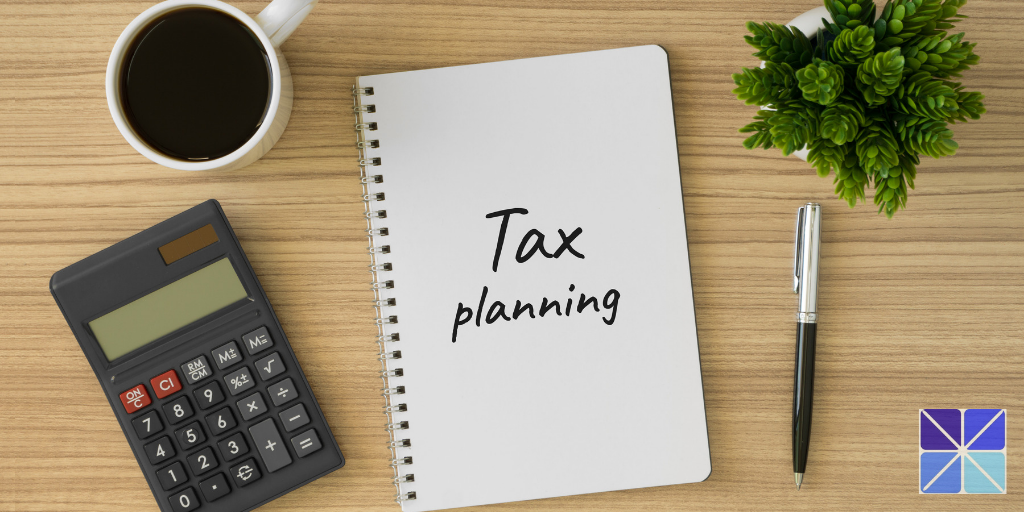Understanding What Taxes Apply To Your Small Business
Starting a new business can be an exciting time but with all of the different financial jargon out there it can be confusing to understand what taxes apply to you. There isn’t a ‘one size fits all’ approach to this and the type of business you run, the size of it, the products or services you sell and how well your business performs will all factor into determining which taxes apply for you.
In addition to this the rules and regulations can seem ever changing and failure to keep up with submission dates can result in your business facing penalty fines from HMRC.

Income Tax
- Income tax is a tax everyone has to pay on their personal income.
- Income tax is worked out based on the profits that you or your small business has made over the course of the financial year.
- If you are self-employed you will file your income tax return as self-assessment. You have until the 31st January to file your income tax return with HMRC or face a financial penalty.
- As the company director you are responsible for deducting and paying tax on any salary that is drawn from the business. If however you’re a sole trader you will only have to pay income tax on profits above the personal allowance tax threshold, which currently stands at £12,500.
- You don’t pay any tax on your first £1,000 of self-employed income as this is your ‘trading allowance’.
- Your tax rate will depend on your taxable income after you have accounted for all deductible expenses.
Corporation Tax
- Corporation tax is only paid by companies that have incorporated (limited companies), so if you’re a sole trader or a partnership, you don’t need to pay corporation tax.
- Corporation tax is essentially income tax but for your company. It is worked out as a percentage of your business’ profits after you have accounted for things like allowances, tax relief you’re entitled to such as expenses i.e. travel, salaries, office, equipment, etc.
- Corporation tax, like income tax, is done through self-assessment. You need to work out how much your business owes HMRC and then you file your corporation tax return with HMRC and send over the payment. You have up until 12 months after the end of your financial year to file your corporation tax return.
- Corporation tax is standardised for everyone at 19%, with that dropping to 17% by 2020.
- One of the things you have to remember with corporation tax is that unlike income tax or VAT, you set your payment deadline date. Plus you have to pay your corporation tax bill BEFORE your file your company tax return at Companies House.
- You have nine months and one day from the end of your accounting year to settle your corporation tax bill.
- As a guide, most businesses choose to select the 31st March as their business year end, meaning you have until 1st January the following year to pay what you owe.
- If you are in your first year of trading as an incorporated business, you may have TWO accounting periods to take into account.
- Even if your business is making a loss, although you won’t owe any corporation tax you will still have to file a corporation tax return declaring that you have made a loss.
Value Added Tax
- As a small business owner you only need to legally register your business for VAT when your turnover is above £85,000.
- VAT is a tax that is applied to certain products and services that are sold in the UK. Not every item has VAT applied to it, certain things such as children’s clothing, books, and items sold in charity shops are classed as zero rated. Other products and services incur a reduced rate VAT.
To see the full list of reduced rate and zero rate goods and services check out gov.uk.
National Insurance
- If your small business has employees then you must pay National Insurance contributions (NICs). NICs qualify you for certain benefits such as your state pension or maternity allowance (if you’re self-employed).
- If you have employees, NICs are paid directly to HMRC at the same time that you pay income tax from their salaries.
- For self-employed people there are a few different classes of National Insurance that may apply. To see the current rates for Class 1, 2 and 4, check out gov.uk.
Business Rates
- Any business that is carried out in a non-domestic setting will likely be liable to pay business rates. Eligibility for business rates will depend on the type of business that you have and where you are operating it out of.
- If your small business operates out of your home and you don’t have any customers popping by, you won’t typically be required to pay business rates. If however you have converted part of your domestic property for non-domestic business, then you will probably be required to pay.
- There are business rate relief schemes available as well as grants to help you. So check with your local council to see what, if any, you’re entitled to.
- To find out what business rates may apply for your small business, check out gov.uk.
In summary
Not every small business will be required to pay every form of tax. You have to do your homework and understand which taxes apply to your specific business because if you fail to file a tax return on time for a tax that applies to your small business, you will be penalised financially.
Here at Kara Accountants we would always recommend you work with a trusted accountant and we would be more than happy to help in this situation, contact us to find out more!

This Post Has 0 Comments